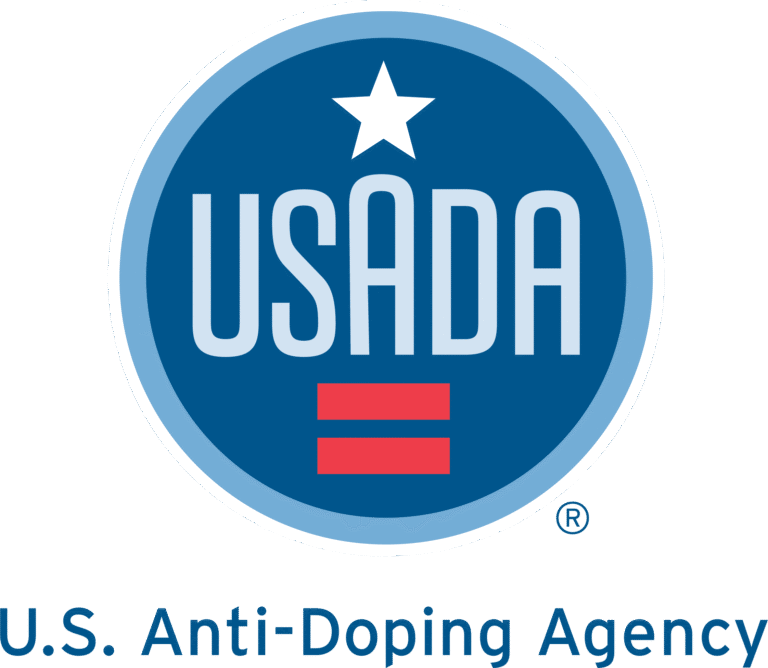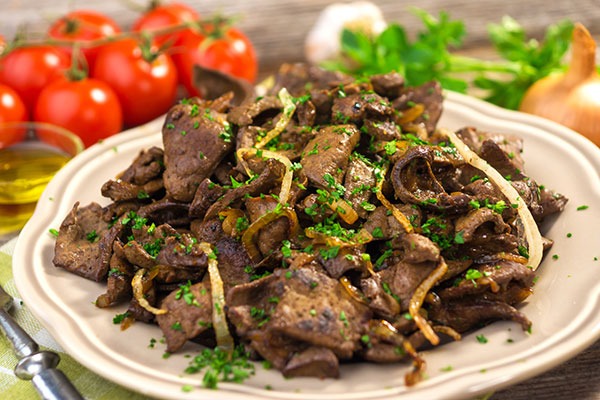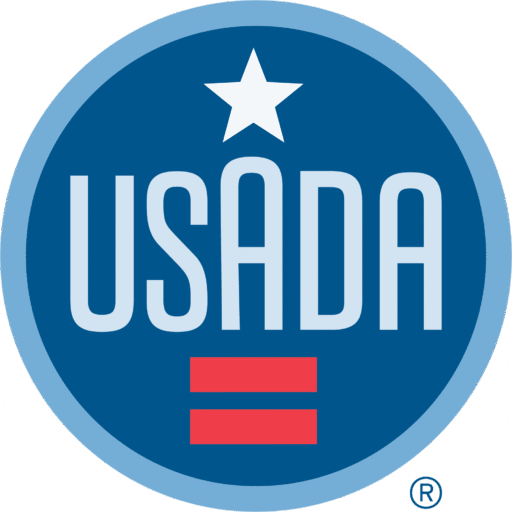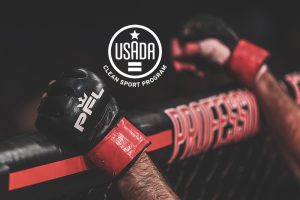The use of anabolic agents as growth promotors in farm animals destined for human food, such as cattle, pork, lamb, and poultry, is either illegal or tightly regulated in the United States, Canada, and Europe. However, the illegal use of such substances in farm animals has been documented in other countries, along with cases of accidental ingestion by athletes resulting in positive anti-doping tests.
Keep reading to learn more about the risks of consuming contaminated meat and how such cases are handled under the World Anti-Doping Code.
Are anabolic agents allowed to be used as growth promoters in farm animals in the United States?
Some anabolic agents are legally permitted for use in certain farm animals destined for the food supply in the United States. This is limited to very specific uses in beef cattle (ear implants), and some very specific uses in poultry, pork, lamb, and fish. The use of any anabolic growth promoter for veterinary use is heavily regulated to ensure the presence of residues in meat (if any) is miniscule. For meat produced and consumed in the United States, the likelihood of contamination with a high enough residue of an anabolic agent to cause a positive test in an athlete is extremely low.
Do other countries use anabolic agents or steroids in farm animals for meat?
While most countries tightly regulate the veterinary use of anabolic agents in farm animals destined for meat, there is some evidence that clandestine use of clenbuterol (and possibly other anabolic substances) as a bulking agent still occurs in China, Mexico, Guatemala, and possibly other Latin and South American countries (e.g., Colombia, Peru) as well. Athletes traveling internationally, especially to those three specific countries, should follow the recommendations detailed later in this article.
How has the World Anti-Doping Agency (WADA) responded to meat contamination?
As of June 2021, WADA implemented minimum reporting limits (MRL; urine concentrations) for some prohibited substances used as livestock growth promotors, such as clenbuterol, ractopamine, zilpaterol, and zeranol. A positive test for very low levels below the MRL in urine of these substances will trigger an “atypical finding” and an investigation to determine the source of the prohibited substance. This approach allows the athlete and anti-doping agency to work together to assess whether contaminated meat was the most likely cause of the positive test. To read more, please see WADA’s statement.
How can athletes reduce their risk of consuming contaminated meat?
Testing positive due to meat contamination is exceedingly rare. Since 2019, USADA has conducted more than 60,000 tests on almost 11,000 athletes, and there have been two cases where positive tests were attributed to consumption of meat in the U.S. food supply, specifically from liver and oxtail.
Athletes should remain vigilant when traveling abroad, as meat contamination is more prevalent in countries such as Mexico, Colombia, Peru, Guatemala, and China. But athletes may be able to lower the risk further by avoiding all organ meats and oxtail (osso buco), and taking other actions as described in this table on how to avoid inadvertent doping.
In some U.S.-based grocery stores, imported meat may be sold, making it important for athletes to be mindful of purchasing U.S.-produced meat since it is considered safer than consuming meat produced in higher risk countries. Consider looking for meat that is labelled “hormone-free” or certified organic. When eating at ethnic restaurants in the U.S., consider asking whether the meat used is domestically sourced or imported.
For athletes traveling internationally, meat produced in the U.S., Europe, Australia, and New Zealand is the lowest risk. If you are eating at a restaurant or hotel overseas, it may be possible to inquire about where their meat is sourced. At a minimum, avoid eating organ meat (liver, kidney, testis, ovaries, etc…) and oxtail (similar to the advice in the United States), and avoid eating from street vendors, or eating any exotic meats. Or consider avoiding meat all together and choose alternative plant-based protein sources (legumes (beans, lentils, peas), nuts, seeds, grains (quinoa, barley, bulgur wheat), and soy products (tofu, tempeh).
If meat consumption in a higher risk country is unavoidable, what can athletes do?
For athletes eating meat in higher risk countries, here are some things you can do:
- Keep your Whereabouts up to date to show when you are traveling.
- Try to consume meat products from an athlete village, your hotel, or other reputable restaurants.
- Avoid street vendors or any temporary or untraceable vendors (food festivals, etc.).
- Inquire about the source of the meat (e.g., organic) if possible, note the name and location of the restaurant or grocery store, and consider taking a photo of the meal.
- You may also want to consider keeping a food log while traveling. In the unlikely event of a positive test due to meat contamination, this information will assist with any investigation.
USADA will continue to keep the sport community aware of new developments regarding this issue as they develop.
—-
Even when a treatment is prescribed, athletes should use GlobalDRO.com to check on the anti-doping status of any procedure or medication and determine if they need an approved Therapeutic Use Exemption (TUE). For questions about specific products, substances, and methods, you can also contact USADA’s Drug Reference Line at drugreference@usada.org or call (719) 785-2000, option 2.
